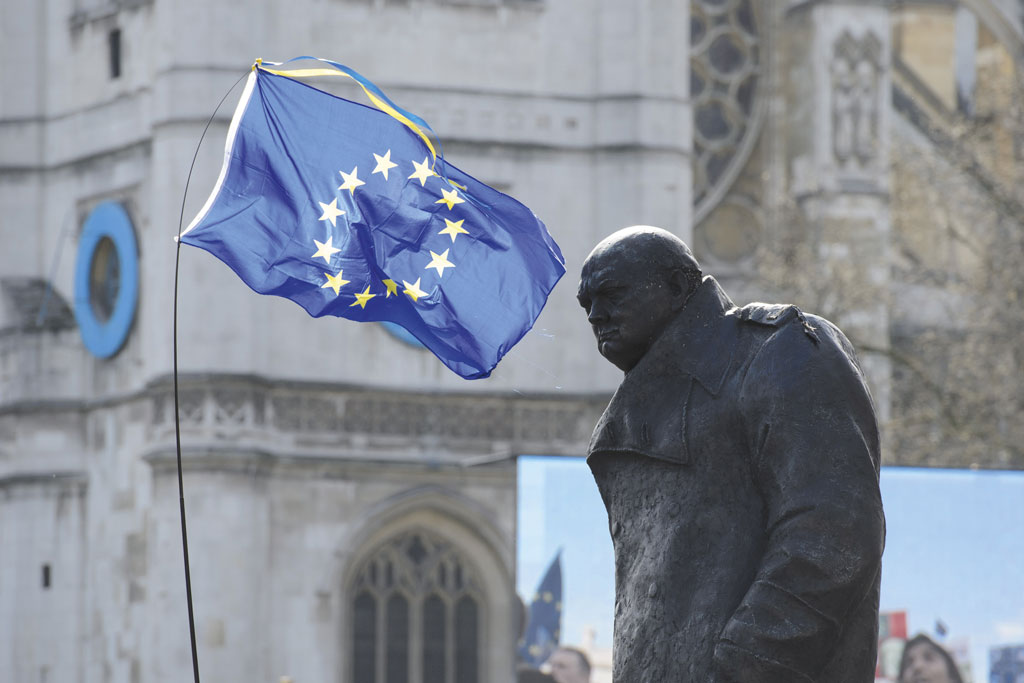
Civil servants are seeking to wrestle political hubris & legal reality, says David Greene
As the commons debates the Withdrawal Bill, the government has published two new papers on civil justice proposals with the EU after Brexit which grabbed the holiday headlines as a ‘climbdown’ on the issue of the post-Brexit role of the EU Court of Justice (CJEU). To suggest a climbdown might be adding a little journalistic esprit to the possibilities canvassed in the papers. More generously we might think of them being the product of the confluence of political hubris and legal reality.
The UK red line through the CJEU is well rehearsed. The white paper put it simply: ‘We will bring an end to the jurisdiction of the CJEU in the UK’. The EU Council’s position was set out in its negotiation paper issued in May and in two papers in July. These deal only with what should be in the withdrawal agreement. They foresee the CJEU having continuing jurisdiction over the continued application of EU law after Brexit; to citizens’









